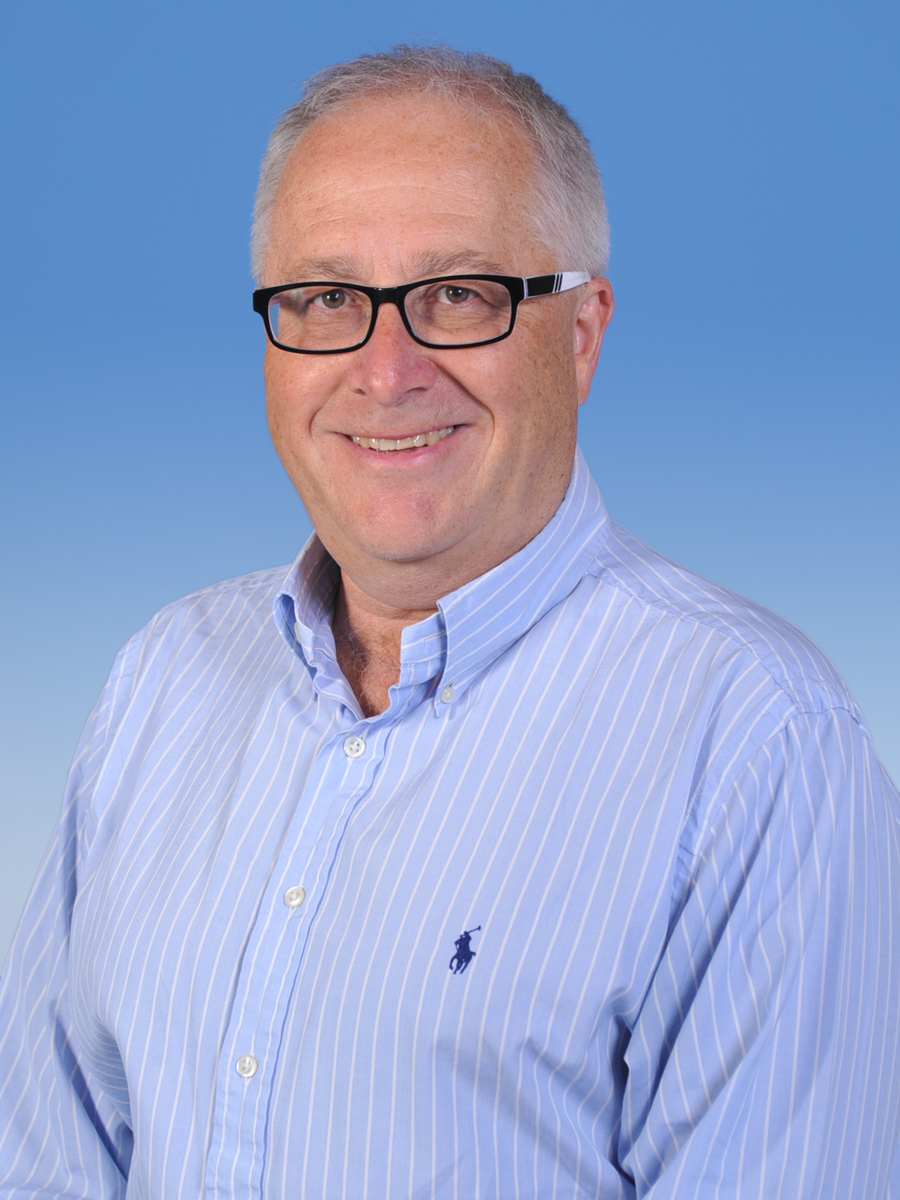
- This event has passed.
MEAM Seminar: “Tribofilms at the Asperity Scale”
May 15, 2019 at 2:00 PM - 3:00 PM
The presentation will start with an introduction to tribology. This term was first used in a 1965 UK government report which identified the economic loss due to preventable wear and poor friction performance. It helped bring together the diverse community of engineers and scientists that need to collaborate in order to tackle the complex interactions that are central to friction and wear processes. The introduction will conclude with a brief overview of lubricant technology and the associated scope of research themes that support development of new lubricants.
The core topic will cover recent advances in our understanding of the formation of the lubricant generated boundary or tribofilms that help control friction and wear processes. Our approach has been to develop new methods and tools that allow us to study the interaction of materials, surface morphology, stress and chemical reactivity at the asperity scale within macro scale lubricated rough surface sliding contacts. Highly detailed surface topography, surface elemental analysis and rough surface contact simulation results, obtained from carefully controlled wear experiments, have been mapped onto common asperity scale grids. The results clearly establish that tribofilms initiate very quickly at localized high stress contact spots within the overall macro scale contact footprint. Complementary work in high stress but well separated sliding contacts shows that direct surface contact is not necessarily required to generate surface films. Both sets of experimental results are consistent with stress augmented surface reaction mechanisms that are now being studied by multiple researchers in this field. These developments have shed considerable light on mechanisms that have been elusive for more than 50 years which are key to the performance of lubricants.
Finally some thoughts on future challenges in tribology and lubrication will be offered. A recent study sponsored by the Society of Tribologists and Lubrication Engineers (STLE) has identified key science and technology, industry, regulatory and global trends that will impact lubrication and tribology. These include increasing electrification of personal vehicles, new and emerging energy sources and the role that tribology plays in enabling new technology development.

Martin N. Webster
Senior Research Associate, Lubricants Technology, ExxonMobile Research and Engineering
Martin Webster currently holds the position of senior research associate and program leader at ExxonMobil’s Corporate Strategic Research laboratory in Annandale, New Jersey. He is responsible for a number of the longer range lubrication and tribology research programs. Webster gained his Ph.D. in tribology from Imperial College London, where his work on rough surface contact mechanics resulted in being awarded the Institute of Mechanical Engineers Tribology Bronze Medal in 1986. Following a postdoctoral assignment with Shell Research in the UK, he spent 2 years working on the design and analysis of wind turbine systems with the UKbased Wind Energy Group (WEG). He has since accumulated more than 20 years of experience working with ExxonMobil in both research and product development positions. His research focus has been on the fundamentals of lubricated contacts, including the measurement and characterization of elastohydrodynamic lubrication (EHL) performance, modeling EHL contacts, rolling contact fatigue phenomenon, and the interactions of lubricant components with engineering surfaces. He has published numerous papers and patents in each of these areas. He has been active in various societies and technical committees, including the Gear Research Institute, the ASME Rolling Element Bearing Committee, and the STLE Gears and Gear Lubrication technical committee. In 2006 he was elected to join the STLE Board of Directors which culminated in serving as the STLE President 2015-16.
